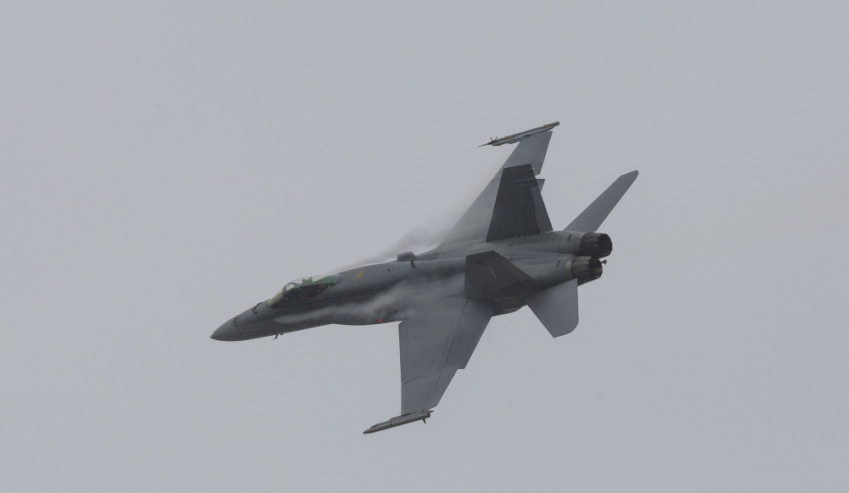Boeing walked away from the D+I conference with a swag of award wins in key programs, supporting both Boeing and non-Boeing platforms. As Boeing Defence Australia’s managing director told Defence Connect, success is all about relationships.
To continue reading the rest of this article, please log in.
Create free account to get unlimited news articles and more!
With three major wins under their belt from this year's Essington Lewis Awards, Boeing is setting the standard for industry primes engaging with Defence, CASG and building the robust, agile relationships that help support the key capabilities Defence personnel need.
Darren Edwards, managing director of Boeing Defence Australia, credited the success of Boeing to the "the longer-term relationship and trust, that has been developed between ... the industry partner, the capability owner or operator who is going to get this system of some sort and CASG; if you don't have the capability owner in the mix, you're missing a fundamental piece of the puzzle".
BDA snagged three major honours, providing support, maintenance and sustainment services to both Boeing and non-Boeing platforms, highlighting the flexibility of the company and its local operations.
- Major Company Team of the Year – Helicopter Aircrew Training System
- Major Acquisition– Helicopter Aircrew Training System
- Major Sustainment Activity – Classic Hornet Sustainment Support Transformation
As part of the Helicopter Aircrew Training System program, Boeing delivered a modern helicopter training system that will support the next generation of Army and Navy aircrew transitioning to Australia’s future combat helicopters.
The Joint Helicopter School, embedded within the Navy’s 723 Squadron, has the capacity to train over 100 students per year over the next 25 years, including pilots, aviation warfare officers, aircrewman, sensor operators and qualified aircrew returning for instructor training.
Under the contract, Boeing is responsible for the delivery of 15 Airbus EC135 training helicopters and ongoing maintenance, three full-motion Thales EC135 Flight Simulators, a range of part-task trainers, overall purpose-designed curriculum for the four courses including development and maintenance of training materials, and provision of ground- and air-based training, which includes flight deck training for the Navy’s new sea-going training vessel with Boeing and Australian Defence Force qualified flight instructors.
The Classic Hornet program has sought to increase the operational life of the F/A-18 Hornet's operated by the Air Force. The revised Classic Hornet Sustainment Support contract saw Boeing Defence Australia move beyond the provision of deeper maintenance services to also become the platform’s weapon system integrator, co-ordinating logistics, engineering and maintenance services.
Edwards described the sustainment and support program for the Classic Hornet and the system's supporting system program office (SPO) as "replacing your car instrument dash and often the driver, while driving down the highway". This is particularly relevant given that the high-rates of operational tempo of the systems that were operating in support of coalition operations in the Middle East increased the complexity of the project.
It was the successful management of the Super Hornet SPO and corresponding transition of resources and manpower, through the early identification of efficiency dividends and effective implementation of labour saving, that enabled Boeing to effectively respond to the request and effectively meet the requirements of Defence in supporting the Classic Hornets. This enabled Air Force to focus it's efforts on transitioning to the fifth-generation F-35.
This new operating model is a testament to the integrated partnership between Boeing and the Commonwealth to provide vital support services to the Australian Classic Hornet fleet.
Boeing has used the lessons of the now 15-year-old E-7A Wedgetail program to shape the relationships and meeting the requirements of Defence. The $650 million JP2072 Project Currawong is a prime example.
Edwards said, "We went from contract award to two years later having a whole new generation of technology, a whole new capability around ADF integrated battlefield communications. We thought it was a relatively COTS/MOTS out of the box type situation, we would do a little code cutting and software development, so as it turns out, the best outcome for Defence was not that."

 Login
Login







